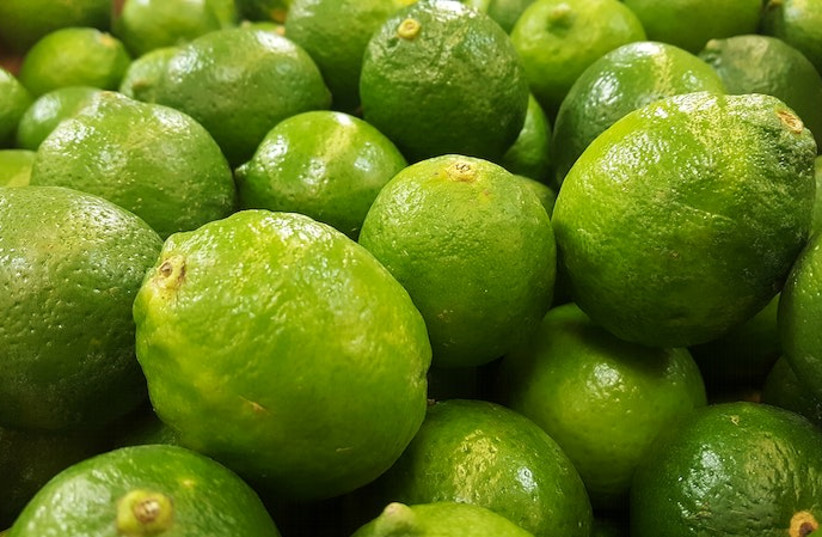A young boy from Australia squeezed limes one day. A few days later, he was taken to the hospital with large blisters on his arms.
The reason is a burn known as margarita burns, which in medical terms is called phytophotodermatitis, which occurs when a chemical found in certain fruits meets UV rays.
His mother, Catherine, told ABC Australia she had never heard about the potential for a severe skin reaction if the juice is exposed to sunlight. She said the burns didn't appear right away, but rather they had a progressive effect over several days.
Otis, the young boy, was taken to the hospital, where medical staff diagnosed contact dermatitis. Catherine said the staff asked her if he had touched anything unusual, yet she didn't think to say limes. She later said she felt pretty stupid for not connecting limes with the rash.
Otis returned home, but when the blisters continued to spread, he was taken to Byron Central Hospital. There was a nurse there who had recently seen a similar case and she could tell right away that it was what's called margarita burns. Kerr said she had no idea that lemon juice and exposure to sunlight could cause such severe burns.

How do margarita burns occur?
The hospital's dermatologist, Dr. Herbert Chan, said margarita burns occur when a chemical found in certain fruits and vegetables reacts with sunlight. Chan explained that limes contain chemicals called furocoumarins, which when exposed to UV, especially UV-A radiation, will damage the skin.
He added that people can handle lime juice indoors and they won't see a reaction, but if they go outside they'll develop a phototoxic reaction.
Chan said he has seen patients at the hospital with the same condition caused by homemade citrus bleach. He said it can be a very painful situation.
Blisters begin to form quite quickly, within minutes of exposure to radiation, but it takes two days for the maximum number of blisters to form.
Chan said furocoumarins are found in a variety of fruits and vegetables including limes, celery and figs. He said the painful reaction can be prevented by washing hands well after exposure to the chemicals.
Catherine said her son was expected to make a full recovery within the next few weeks. She stated that Otis was handling the situation really well, adding that he was obviously in a lot of pain when they spend the night in the hospital.
